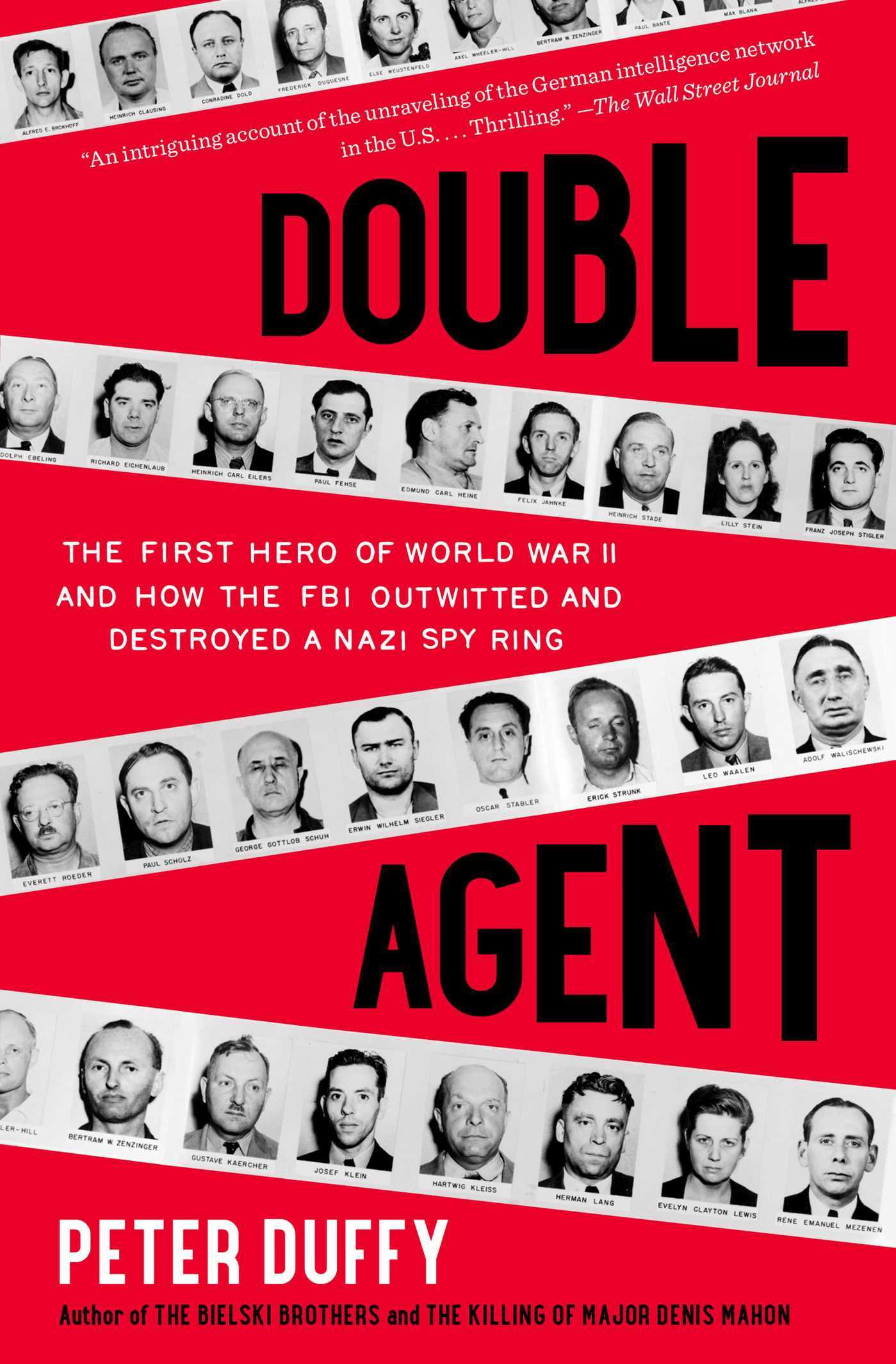(I received a free copy of this book from Net Galley in exchange for an honest review.)
From the time Adolf Hitler came into power in 1933, German spies were active in New York. In 1937, a German national living in Queens stole the blueprints for the country's most precious secret, the Norden Bombsight, delivering them to the German military two years before World War II started in Europe and four years before the US joined the fight. When the FBI uncovered a ring of Nazi spies in the city, President Franklin Roosevelt formally declared J. Edgar Hoover as America's spymaster with responsibility for overseeing all investigations. As war began in Europe in 1939, a naturalized German-American was recruited by the Nazis to set up a radio transmitter and collect messages from spies active in the city to send back to Nazi spymasters in Hamburg. This German-American, William G. Sebold, approached the FBI and became the first double agent in the Bureau's history, the center of a sixteen-month investigation that led to the arrest of a colorful cast of thirty-three enemy agents, among them a South African adventurer with an exotic accent and a monocle and a Jewish femme fatale, Lilly Stein, who escaped Nazi Vienna by offering to seduce US military men into whispering secrets into her ear.
This was an interesting story about William Sebold, the first double agent in the history of the FBI, in the years leading up to WW2.
Author Peter Duffy has done some deep digging into the history of these events and has compiled a book that, whilst difficult to get into at times, gives some insight into the weeks and months that led up to the Second World War. It tells of the formation of the FBI and the role J. Edgar Hoover played in trying to stop spies in the midst of the USA intelligence circles.
I was a little disappointed with this story in some ways. While the information contained in it is interesting and well worth reading, the focus of the book seemed to stray at times, getting caught up in a lot of stuff that was peripheral to the work of Sebold.
Overall, a fascinating read for anyone wanting to learn more about the period, or espionage and the early days of the FBI.
Paul
ARH

